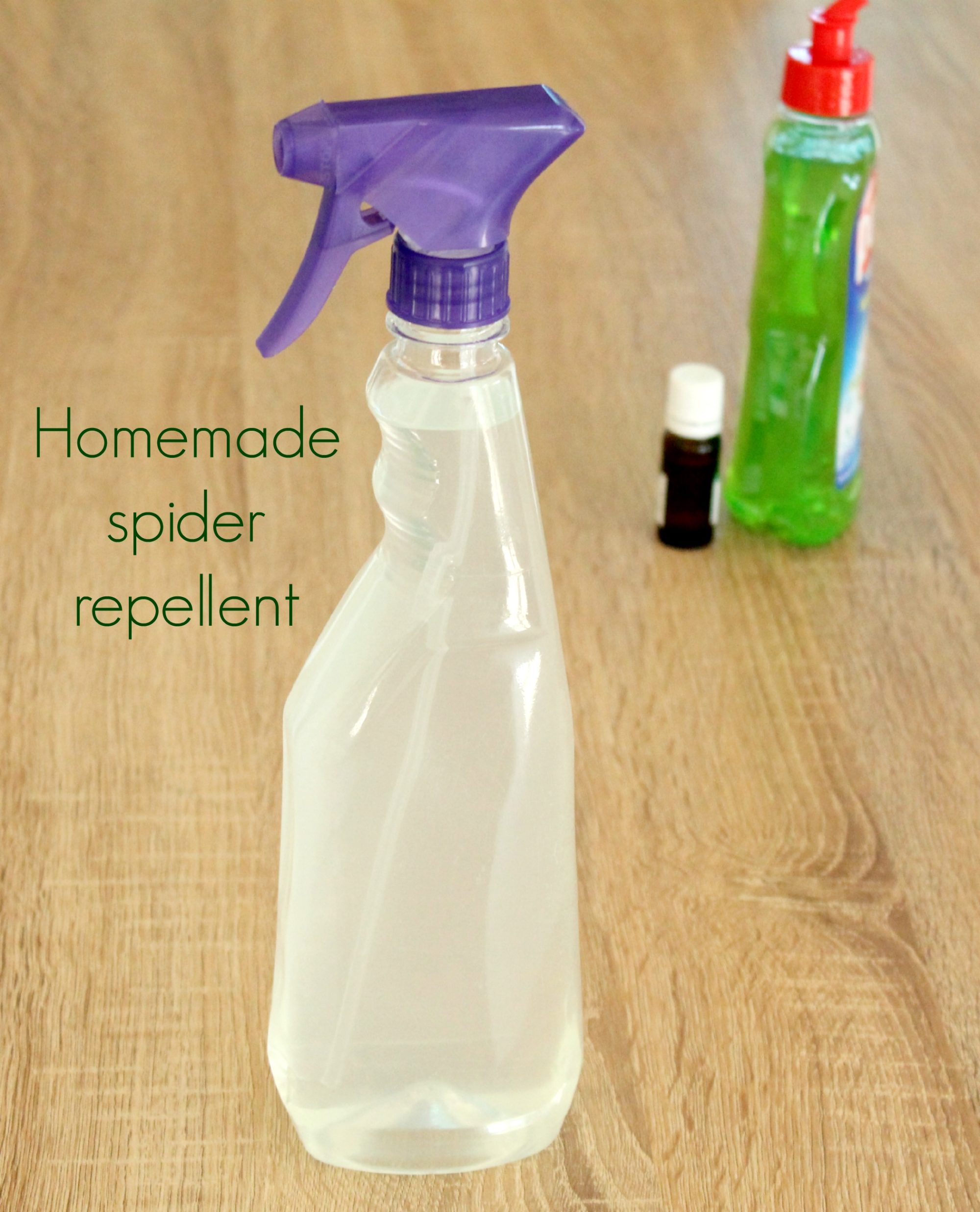
Introduction
Spiders are fascinating creatures, but for many people, they can be unwanted guests in their homes. While some spiders are harmless, others can be venomous and pose a threat to humans. If you're looking for a natural and effective way to keep spiders away, this article will guide you through some easy DIY spider repellent options.
1. Peppermint Oil Spray

Peppermint oil is known for its strong scent that spiders detest. Mix 10-15 drops of peppermint oil with water in a spray bottle and spritz it in areas where spiders tend to frequent, such as corners, windowsills, and doorways. Repeat this every few days to maintain the repellent effect.
2. Vinegar Solution
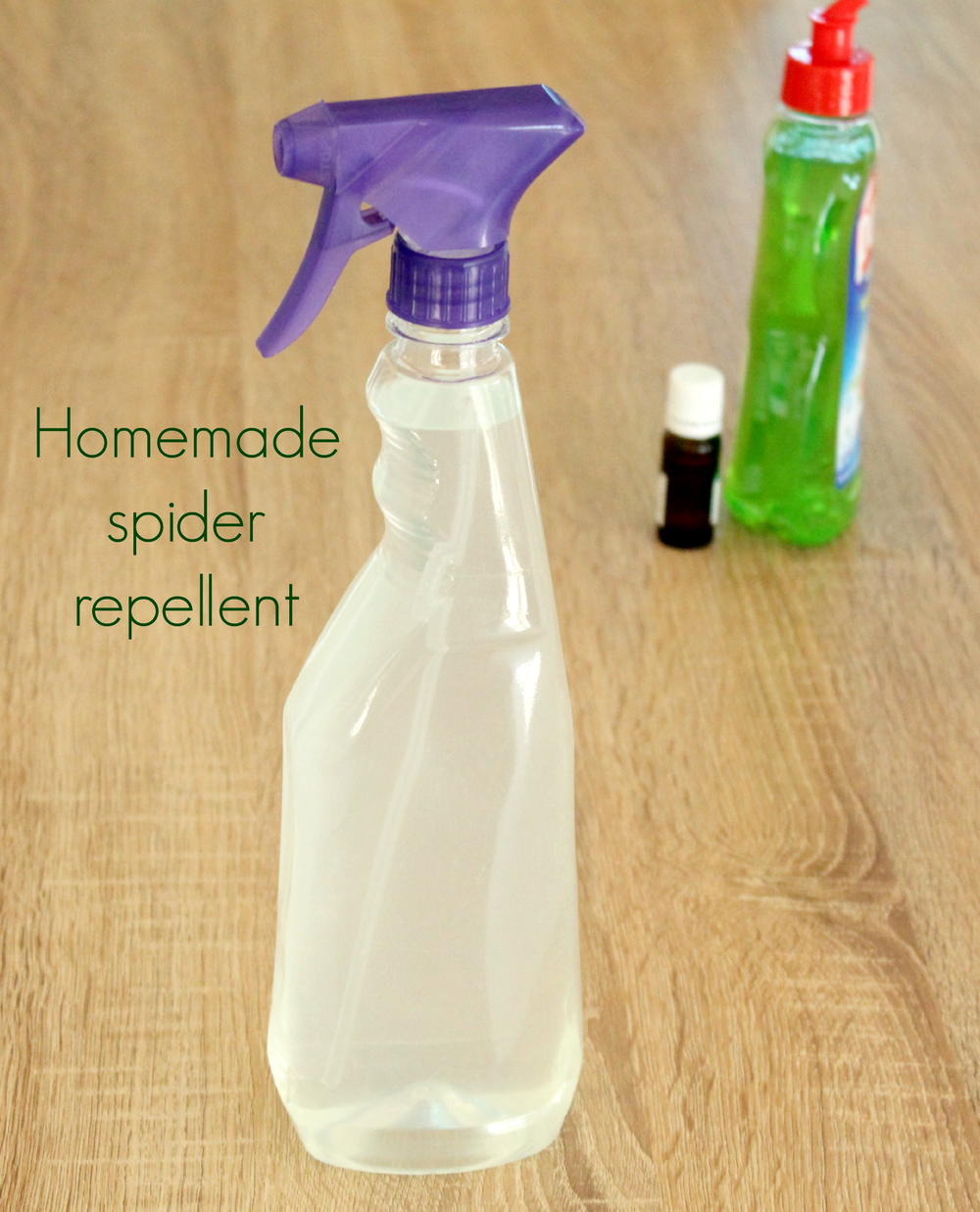
Vinegar is another natural ingredient that spiders dislike. Create a solution by mixing equal parts of vinegar and water in a spray bottle. Apply this mixture to areas where spiders are commonly found, but be cautious as vinegar may stain some surfaces.
3. Citrus Peels

Spiders are repelled by the strong scent of citrus fruits. Save your orange, lemon, or grapefruit peels and place them near spider-prone areas. Replace the peels every few days to ensure the scent remains potent.
4. Essential Oil Sachets

Create small sachets using breathable fabric and fill them with essential oils that spiders dislike, such as lavender, eucalyptus, or tea tree oil. Place these sachets in corners, closets, or under furniture to repel spiders naturally.
5. Chestnuts

Believe it or not, chestnuts can act as a spider deterrent. Scatter chestnuts around your home's perimeter or near entry points to ward off spiders. This natural remedy is particularly effective against common house spiders.
6. Cinnamon Sprinkle

The strong aroma of cinnamon can keep spiders away. Sprinkle ground cinnamon around windows, doors, and other areas where spiders may enter your home. Remember to refresh the cinnamon every few days for continued effectiveness.
7. White Vinegar and Coconut Oil Solution

Combine one cup of white vinegar with one teaspoon of coconut oil in a spray bottle. Shake well and spray this mixture in spider-prone areas. The vinegar repels spiders, while the coconut oil helps the solution stick to surfaces.
8. Eucalyptus Branches

Spiders dislike the scent of eucalyptus. Place fresh eucalyptus branches in vases or tie them together and hang them near windows or entry points to deter spiders. Replace the branches when they lose their fragrance.
9. Baking Soda
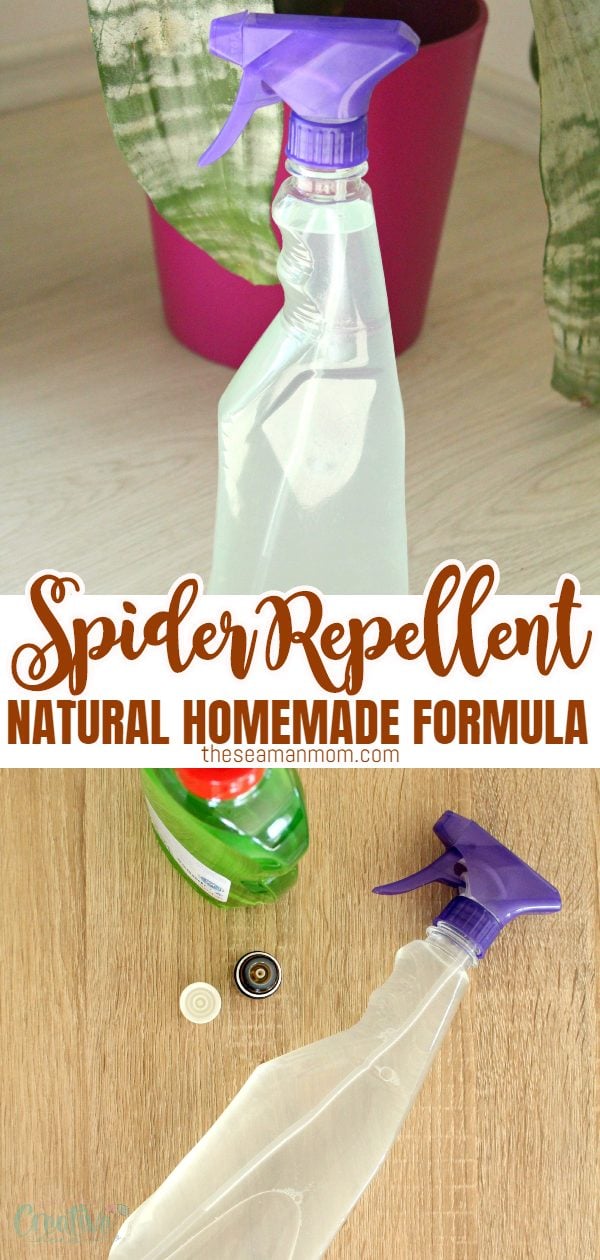
Baking soda has numerous household uses, including spider repellency. Create a mixture of equal parts baking soda and water, and spray it in spider-infested areas. This solution can also help eliminate spider webs.
10. Hedge Apples

Hedge apples, also known as Osage oranges, are believed to repel spiders due to the natural compounds present in their skin. Place these fruits in corners or near entrances to deter spiders. Note that hedge apples may emit a strong odor.
11. Chestnut and Mint Potpourri

Create a homemade potpourri using dried chestnuts and mint leaves. Place this mixture in decorative bowls around your home to keep spiders at bay. Refresh the potpourri by crushing the ingredients slightly to release their scent.
12. Lavender Oil Spray

Lavender oil not only has a pleasant aroma but also acts as a natural spider repellent. Mix a few drops of lavender oil with water and spray it in spider-prone areas. This method is safe to use around pets and children.
13. Cedarwood Chips
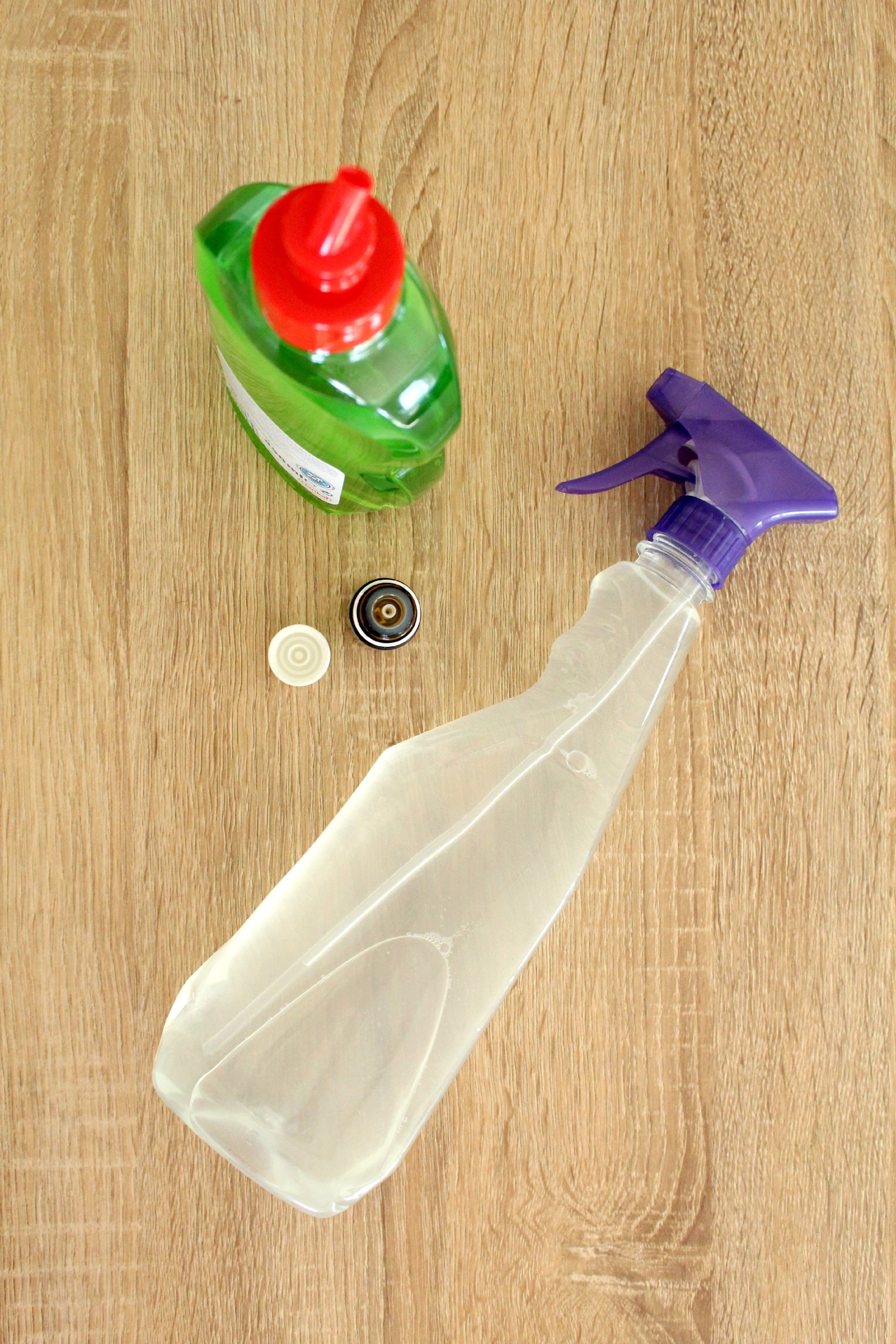
Cedarwood chips have long been used to repel insects and spiders due to their strong scent. Place cedarwood chips in sachets or simply scatter them in areas where spiders are unwelcome, such as closets or basement corners.
14. Turmeric Powder

Turmeric, a popular spice, has been found to repel spiders. Sprinkle turmeric powder along baseboards, window sills, or other spider-prone areas. The vibrant color of turmeric may stain surfaces, so use caution.
15. Lemon Eucalyptus Oil

Lemon eucalyptus oil contains compounds that spiders dislike. Mix a few drops of this oil with water and spray it around your home to create a spider-repellent barrier. Reapply the mixture every few days for optimal results.
16. Vacuum Regularly
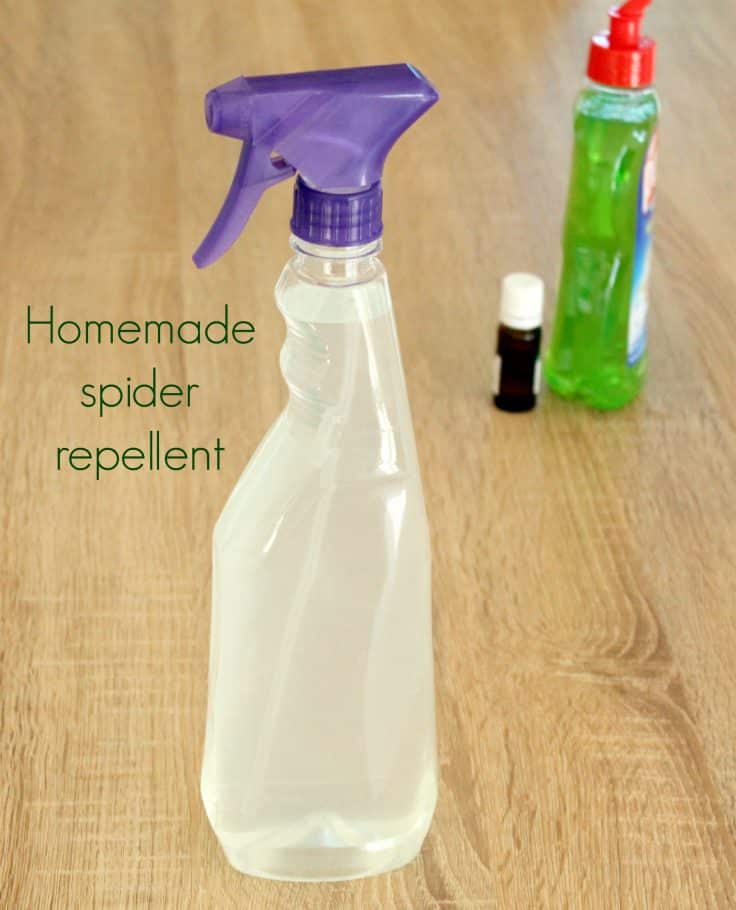
A clean home is less inviting to spiders. Regularly vacuuming corners, under furniture, and other hidden areas can help eliminate spider webs, eggs, and potential prey. Dispose of the vacuum bag or clean the canister after each use to prevent spiders from reentering your home.
17. Seal Cracks and Openings

Prevent spiders from entering your home by sealing cracks, gaps, and openings in walls, windows, and doors. Use caulk or weatherstripping to close off these entry points, reducing the chances of spiders finding their way inside.
18. Remove Clutter
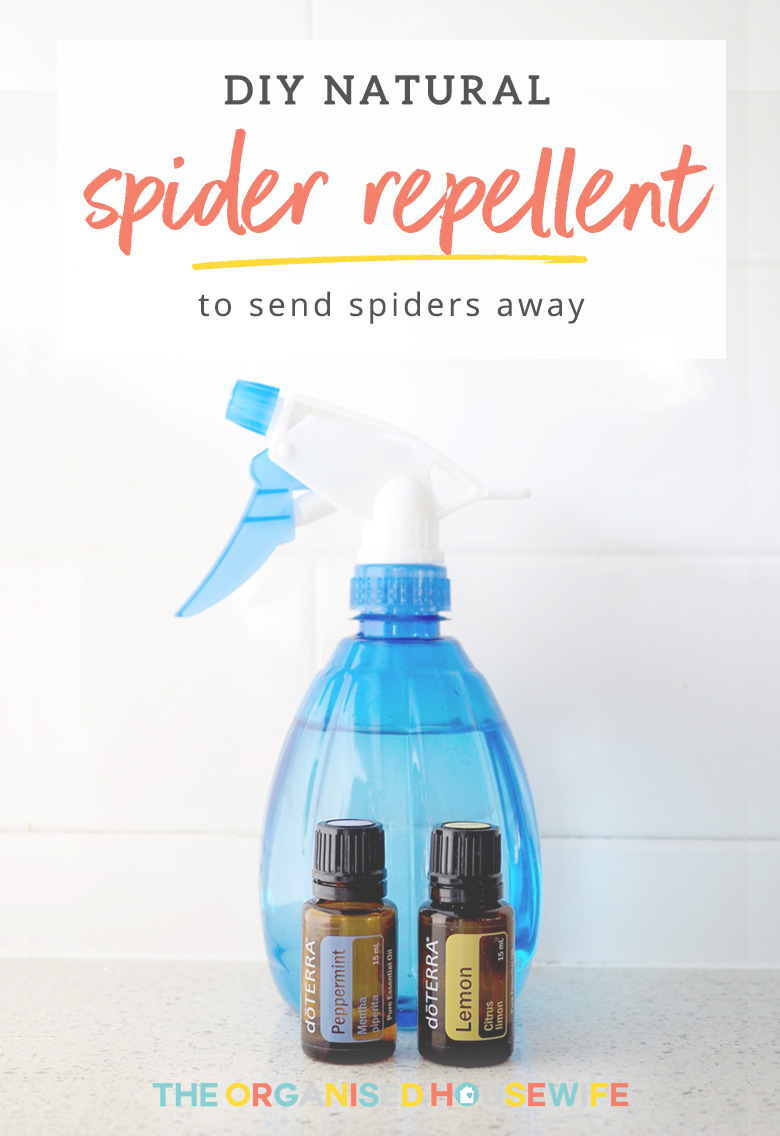
Spiders thrive in cluttered environments where they can find hiding spots. Regularly declutter your home, removing unnecessary items and organizing your belongings. This not only helps deter spiders but also promotes a clean and tidy living space.
19. Keep Outdoor Lights Off

Outdoor lights attract insects, which, in turn, can attract spiders. Keep your outdoor lights turned off or switch to yellow or sodium vapor bulbs that are less appealing to insects. This simple step can reduce the spider population around your home.
20. Clean Pet Areas
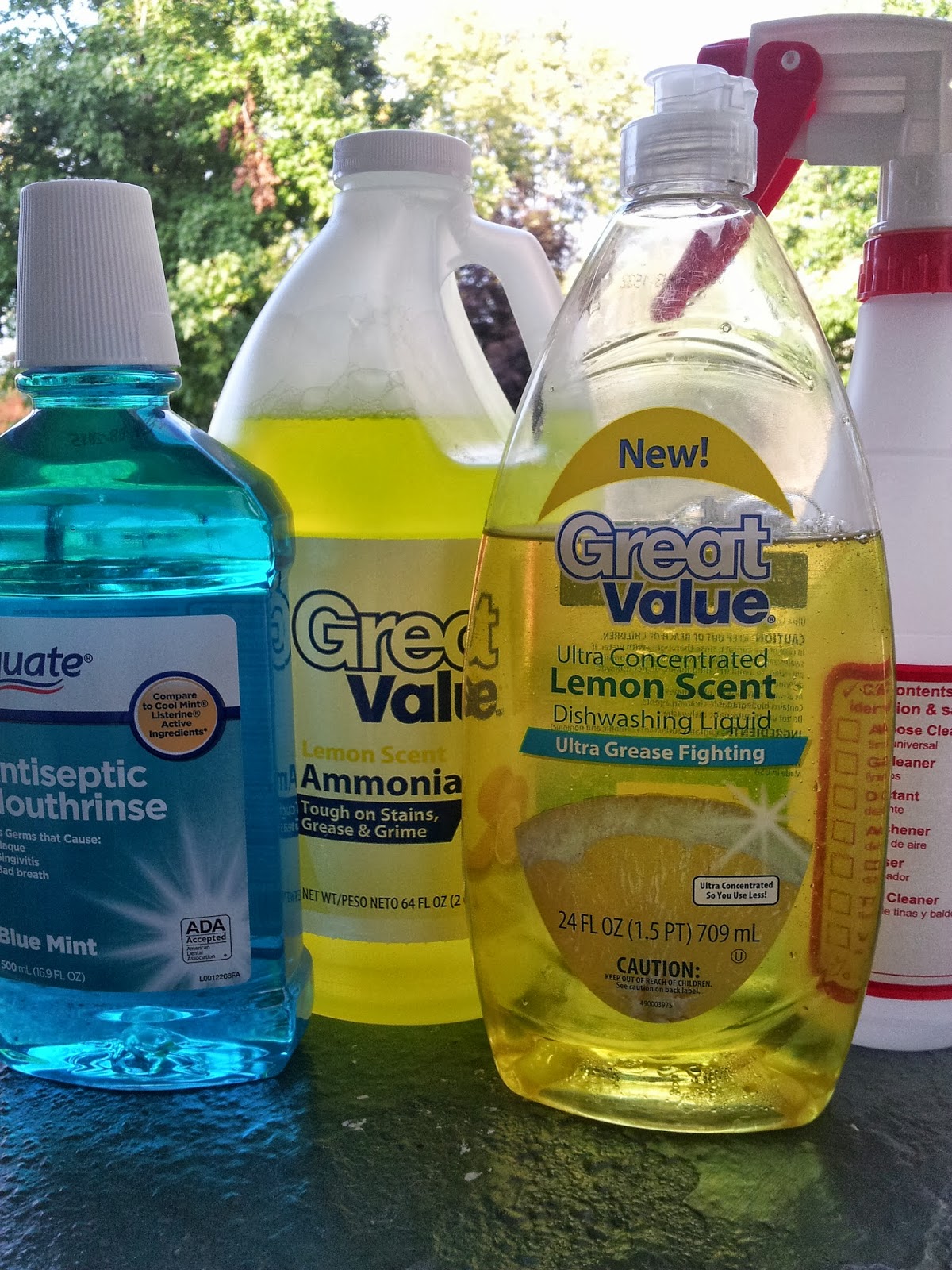
If you have pets, ensure their sleeping areas, food bowls, and litter boxes are regularly cleaned. Spiders are attracted to pet hair and leftover food, so keeping these areas tidy can help minimize spider activity.
21. Use a Dehumidifier
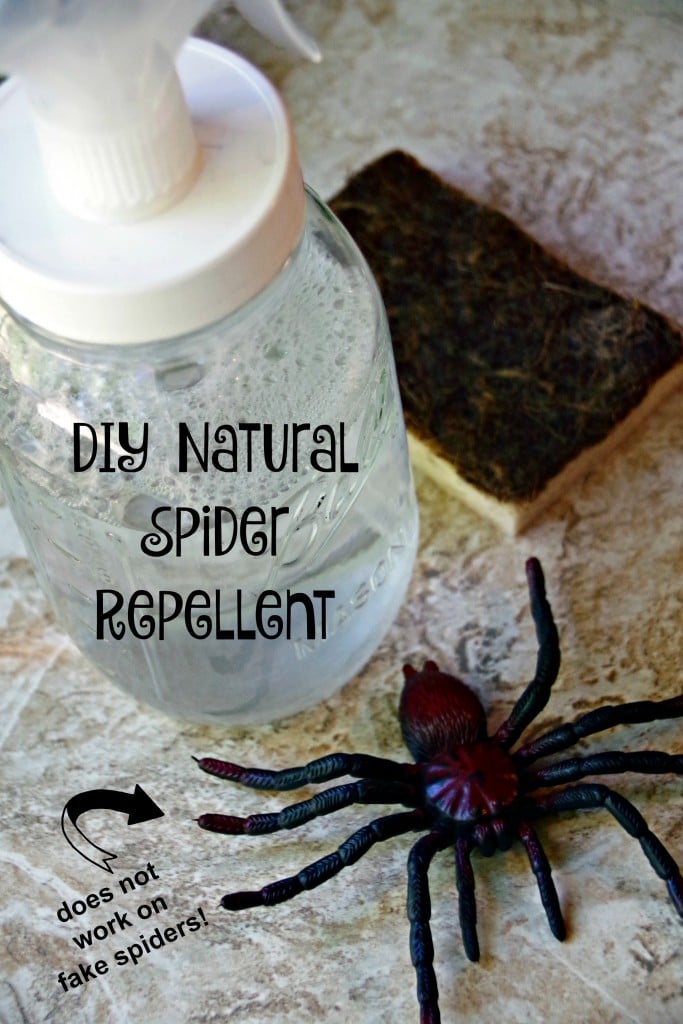
Spiders thrive in humid environments. Use a dehumidifier to maintain optimal humidity levels in your home, particularly in damp areas like basements or bathrooms. This can make your home less favorable for spiders to inhabit.
22. Avoid Attracting Prey

Spiders are drawn to places where they can find food. Minimize other insects in your home by promptly fixing any plumbing leaks, sealing food containers, and keeping your kitchen clean. By reducing the spider's food source, you can discourage their presence.
23. Maintain Outdoor Vegetation

Trim back bushes, shrubs, and other vegetation near your home's exterior. Spiders can use these plants as bridges to access your home. By maintaining a clear perimeter, you make it more challenging for spiders to enter.
24. Catnip

While cats may go wild for catnip, spiders loathe its scent. Plant catnip around your home's perimeter or place dried catnip in sachets to deter spiders. Be aware that catnip may attract neighborhood feline visitors.
25. Mint Plants

Mint plants, such as peppermint or spearmint, are natural spider repellents. Plant them in your garden or keep potted mint plants near windows and entryways. Not only will they help keep spiders away, but they also add a refreshing aroma to your surroundings.
26. Ultrasonic Pest Repellers

Ultrasonic pest repellers emit high-frequency sound waves that are inaudible to humans but repel spiders and other pests. Plug these devices into electrical outlets near spider-prone areas to create a spider-free environment within your home.
27. Salt Solution

Create a salt solution by dissolving Epsom salt in water. Transfer the solution to a spray bottle and apply it to spider-infested areas. Salt can dehydrate and kill spiders, making it an effective and affordable DIY repellent.
28. All-Natural Spider Repellent Sprays

If you prefer a ready-to-use solution, various all-natural spider repellent sprays are available on the market. Look for products made with essential oils or other natural ingredients, and follow the instructions for safe and effective usage.
29. Regular Cleaning and Maintenance

Preventing spiders from entering your home starts with regular cleaning and maintenance. Dust and sweep regularly, remove cobwebs, and fix any cracks or gaps in your home's structure. By being proactive, you can minimize spider infestations.
30. Conclusion
With these DIY spider repellent methods, you can create a spider-free environment in your home without relying on harmful chemicals. Experiment with different techniques to find the ones that work best for you. Remember to combine these natural remedies with proper cleaning and maintenance practices for long-term spider prevention.